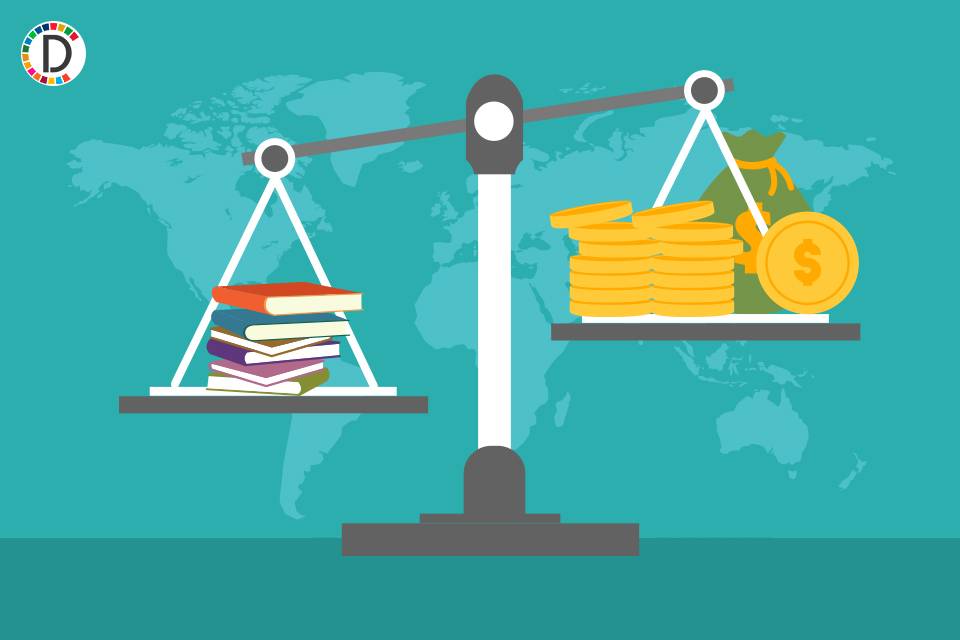
What's New China is ramping up efforts to counter its plummeting birth rate , with measures ranging from cash incentives to controversial local campaigns urging women to have children. Last year marked the seventh consecutive year of declining births, despite the relaxation of China's one-child policy to allow two children in 2016 and three in 2021. The fertility rate fell to one birth expected per woman during her lifetime, far below the 2.
1 replacement rate needed to sustain a population. Newsweek reached out to the Chinese Foreign Ministry by email with a request for comment outside of office hours. Why It Matters Policymakers fear that a shrinking workforce and aging population will burden social safety nets, increase the dependency ratio, and weigh on the country's economic growth.

Despite policy changes, shifting social attitudes and rising living costs have made reversing the trend an uphill battle. What To Know A number of municipalities are offering incentives to encourage people to have children, depending on available funding. For instance, Bangjiangdong village in the southeastern metropolis of Guangzhou in June began offering 10,000 yuan ($1,370) for a second child and 30,000 yuan ($4,110) for a third earlier this year.
Local officials nationwide have been cold-calling women in their 20s and 30s to inquire when they had their last menstrual period and whether they had plans to expand their families in the near future. "I said directly: 'Thank you for your concern. I don't want to get married or have children.
' [The government worker] said: 'You should look at the big picture; you should still get married and have children; respond to the call,'" local media cited one woman as complaining in a post. Another netizen said she started receiving such calls once a month and ultimately had to block multiple phone numbers before they stopped. The U.
K. newspaper Financial Times cited women who were asked to get a prenatal checkup, with some even being offered cash subsidies. In some cases, women are reportedly able to secure cash handouts through unofficial means.
"There is no explicit policy, but if you ask for it, the village will find a way to get you the subsidy," the newspaper quoted one Zhejiang province woman as saying. In October, China's National Health Commission announced it was conducting a nationwide survey of more than 30,000 women to better understand why many are reluctant to have more children. The Washington, D.
C.-based research organization Peterson Institute for International Economics wrote in a January report that it seemed unlikely China could reverse the demographic trend. What People Are Saying Chinese economist Ren Zeping wrote: "International experience shows that subsidies are positively correlated with fertility levels, with France and Sweden accounting for a high proportion of welfare expenditures and maintaining high fertility rates, while countries such as Japan are not sufficiently subsidized and fall into the "low fertility trap.
" Peterson Institute for International Economics experts said: "How credible is it to grow Chinese household consumption when the actual number of consumers are falling by millions every year and the most consumption-intensive group, newborns, declines so fast?" the think tank wrote, remarking on the persisting consumer demand, one of the major headwinds facing the country's post-pandemic economy. What Happens Next As the country heads into 2025, local authorities are pinning their hopes on a range of new pro-natal policies. Recent efforts include Shanghai's push to incentivize employers to offer flexible, "childbirth-friendly" jobs to reduce the burden on parents of young children.
.











